The Anti-Cancer Cookbook How to Cut Your Risk With the Most Powerful, Cancer-Fighting Foods
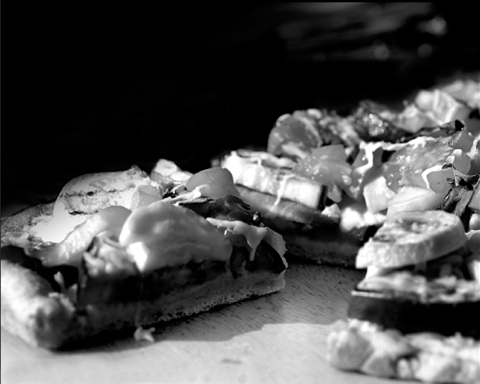
JULIA B. GREER, MD, MPH copyright 2008 by Julia B. Greer All rights reserved. No part of this publication may be reproduced or utilized in any form or by any means, electronic or mechanical, including photocopying, recording, or by any information storage and retrieval system, without prior written permission from the author. The information in this work is true and complete to the best of our knowledge. However, all information is presented without any guarantee on the part of the author or publisher, who also disclaim any liability incurred in connection with the use of the information.
The author and the publisher also shall not be liable for any damages allegedly arising from the information in this book. Library of Congress Cataloging-in-Publication Data Greer, Julia B., 1970
The anti-cancer cookbook : how to cut your risk with the most powerful, cancer-fighting foods / Julia B. Greer.
p. cm.
ISBN 978-0-9624814-9-9
1. Cancer--Nutritional aspects. 2.
Cancer--Prevention. 3. Cancer--Diet therapy--Recipes. I. Title.
RC268.45.G745 2008
641.5631--dc22 ISBN-13 978-0-9624814-9-9
SRP149 39966 Grand Avenue
39966 Grand Avenue
North Branch, MN 55056 USA
(651) 277-1400 or (800) 895-4585
www.sunriseriverpress.com
TABLE OF CONTENTS
Front Cover Photo:Grilled Vegetable Pizzasee recipe on page 128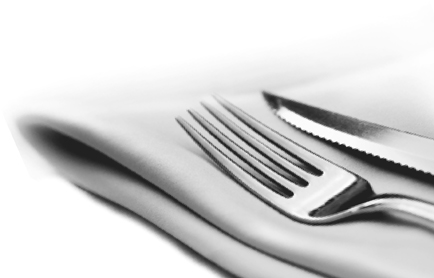
Foreword

Only one third of adults in the United States maintain a normal weight. This is an amazing and distressing fact.
Essentially, people in the normal range of weight are now a minority in this country. The remainder of the adult population is overweight or obese, leading to a wide range of health problems, including diabetes, heart disease, and cancer. The relationship between our weight and the foods we eat is obvious but also complex. For Americans who do not smoke, weight control, food choices, and physical activity are the most important modifiable determinants of cancer risk. Food choices are important for two reasons. Many foods contribute directly to better health, such as fruits and vegetables and whole grains, while many others contribute directly to poorer health, such as trans-fatty acids and saturated fats.
It is critical to know which foods to seek out and which to limit based on these direct effects. In addition, our food choices also determine our total caloric intake, which greatly influences body weight. Eating foods that are bulky, satisfying, and not high in calories and limiting foods that are high-calorie with little nutritive value is essential to maintaining healthy weight. With The Anti-Cancer Cookbook, Dr. Julia Greer has given us an excellent cookbook to help us make better food choices and to explain how these choices can reduce our risk of cancer. She provides an informative and easy-to-read explanation of how cancer develops and how foods can play a role in the cancer process.
The first section of the book gives an excellent foundation for healthier eating and guides the reader toward those foods that contribute to healthy eating and away from those foods that contribute empty or unhealthy calories. Dr. Greer also gives informed advice on healthy cooking methods and how to make the best choices when eating out. Many poor food choices are made out of habit, perceived convenience, and a lack of understanding about the importance of different foods on our overall health and wellbeing. One need not be a scientist or understand all of the scientific studies (although many may find this information fascinating!) to appreciate the basic consensus that has been reached regarding healthy food choices: Choose foods and beverages in amounts that help achieve and maintain a healthy weight; eat a diet that is rich in fruits and vegetables and eat a variety of these plant foods; choose whole-grain rice, bread, pasta, and cereals and limit your intake of simple carbohydrates and sugar; when you eat meat, choose lean cuts and try to substitute fish, poultry, and beans for red and processed meats whenever possible This book is not designed to be a diet book. The recipes included here taste great, are loaded with healthy ingredients, and tend to be low in saturated fat and sugar.
The recipe portions are healthy, but not enormous, and are designed to suit an intelligently sized meal. Each recipe also includes comprehensive nutritional information (calories, grams of fat, protein, etc.) so that you can choose dishes that fit your energy needs and lifestyle. Enjoy! Eugenia E. Calle, PhD, American Cancer Society
Dedication

This book is dedicated to every individual whose life has been touched by cancer and the people working in the field to make a difference.
Julia B. Greer, MD, MPHAbout the Author

Julia B.
Greer, MD, MPH, is an epidemiologist whose work focuses on pancreatic, ovarian, and breast cancers. She was born in Chicago, Illinois, and grew up in Pittsburgh, Pennsylvania, and was educated at Phillips Exeter Academy, Princeton University, Mount Sinai Medical School, Georgetown University Hospital, and the Graduate School of Public Health in Pittsburgh, Pennsylvania. In addition to being a physician and an accomplished writer, some of her past jobs include aerobics instructor, short-order cook, research assistant, and translator of foreign documents. Her early cancer research concentrated on nutrition, body mass index, and hormonal exposures and ovarian cancer risk. Her more current work is focused in high-risk populations and the genetic predisposition to pancreatic cancer, particularly in relation to mutations in the breast and ovarian cancer genes, BRCA1 and BRCA2. Greer has written numerous articles on pancreatic and ovarian cancer, speaks to local corporations about nutrition and disease, conducts peer review for a variety of medical journals, and is a member of the editorial board of the World Journal of Gastroenterology.
She is presently a faculty member of the University of Pittsburgh Medical Centers Division of Gastroenterology, Hepatology, and Nutrition, and is also a member of the American Medical Writers Association and Mensa International. And she is one darned good cook.
Acknowledgments

Thanks to the friends, colleagues, and professional chefs who provided input during this project, including donating their own recipes or testing mine. I would especially like to thank my parents (motherpurveyor of ingredients, and fatherunbiased and adventurous recipe sampler), Dave Whitcomb and Jeanne Calle for supporting me in this rather unconventional endeavor, and my fabulous editor, Karin Hill, for guidance and comic relief. Finally, and most importantly, I would like to thank the friends who gave me those great kitchen gadgets as wedding presents.


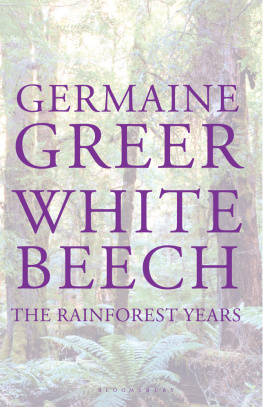
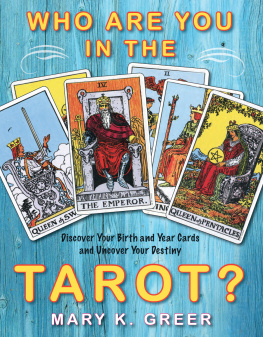
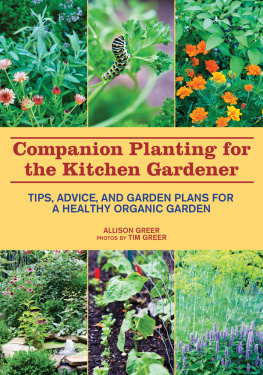
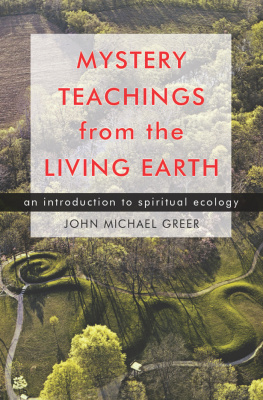
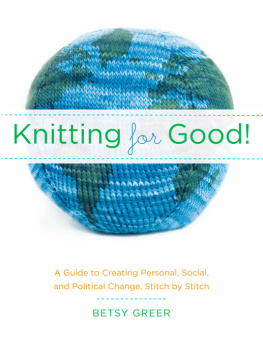

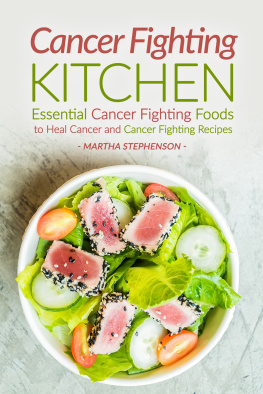
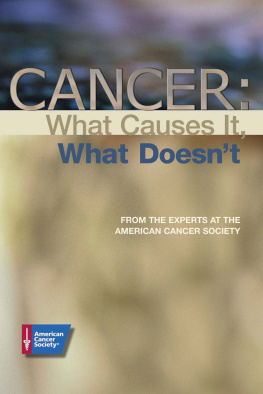
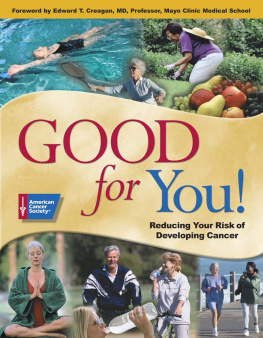
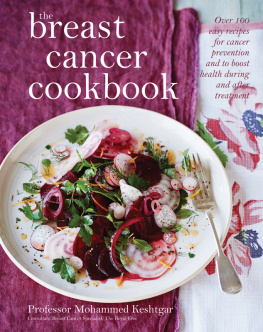
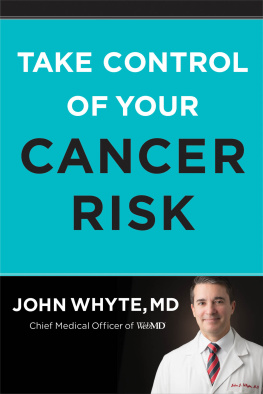
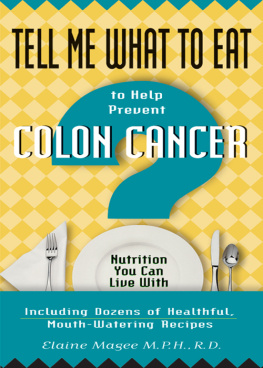
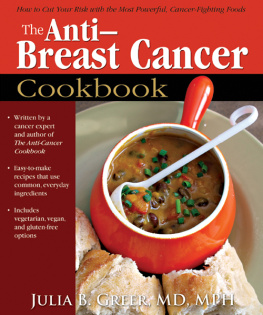
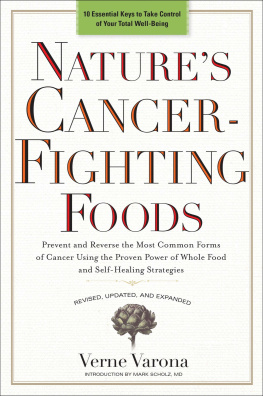
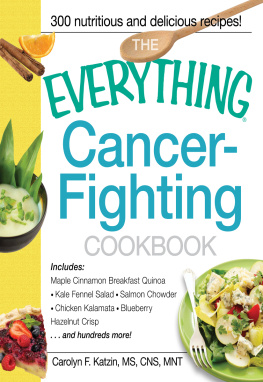
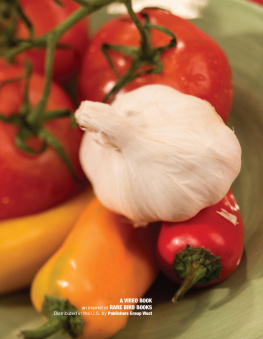
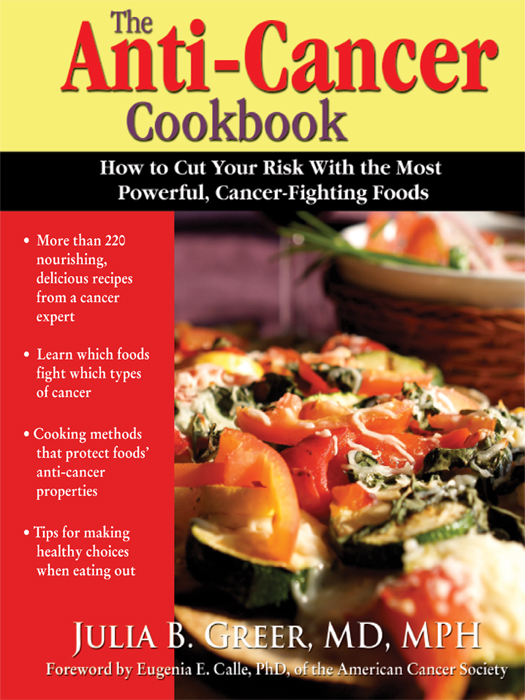
 JULIA B. GREER, MD, MPH copyright 2008 by Julia B. Greer All rights reserved. No part of this publication may be reproduced or utilized in any form or by any means, electronic or mechanical, including photocopying, recording, or by any information storage and retrieval system, without prior written permission from the author. The information in this work is true and complete to the best of our knowledge. However, all information is presented without any guarantee on the part of the author or publisher, who also disclaim any liability incurred in connection with the use of the information.
JULIA B. GREER, MD, MPH copyright 2008 by Julia B. Greer All rights reserved. No part of this publication may be reproduced or utilized in any form or by any means, electronic or mechanical, including photocopying, recording, or by any information storage and retrieval system, without prior written permission from the author. The information in this work is true and complete to the best of our knowledge. However, all information is presented without any guarantee on the part of the author or publisher, who also disclaim any liability incurred in connection with the use of the information.  39966 Grand Avenue
39966 Grand Avenue
 Only one third of adults in the United States maintain a normal weight. This is an amazing and distressing fact.
Only one third of adults in the United States maintain a normal weight. This is an amazing and distressing fact.